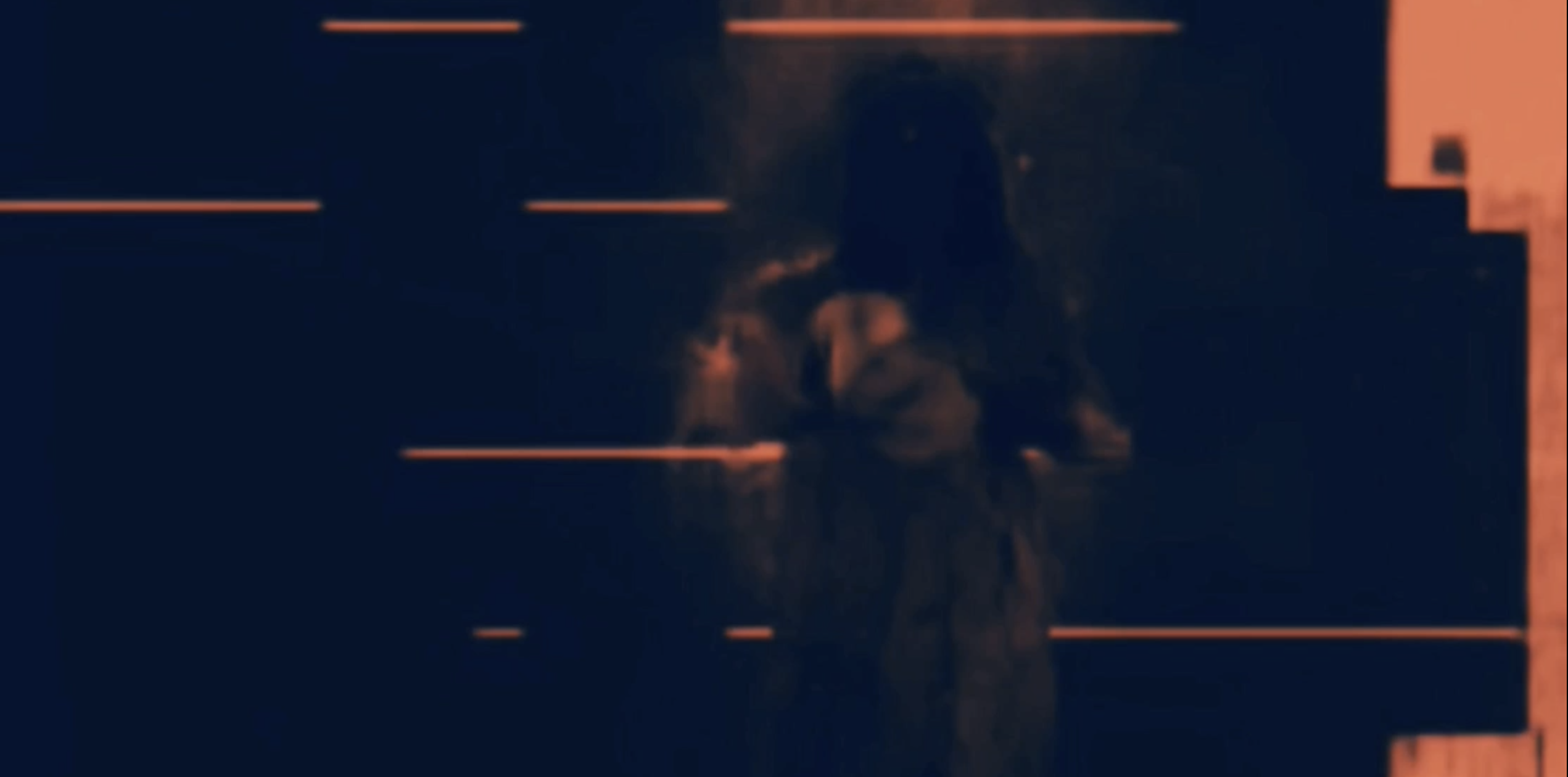Project Immerse is a collaborative thriller set in the paranoid age of deepfakes, shallow fakes, bots, and fake news.
Sensitive photos, cryptic audio, videos and top secret documents have been leaked. Participants race the clock to explore the materials and uncover who leaked the information and why? Ultimately deciding whether to share their findings with authorities, leak them to the media, or destroy the information.
Project Immerse is a virtual experience that leverages pervasive web platforms such as Zoom and Miro, Blending artificial intelligence, storytelling, and play to create a uniquely unsettling experience that challenges our powers of deduction in a time of misinformation and bias.
“In a time of deep fakes, conspiracy theories, and AI-driven writing and social networking scams, we are surrounded by manipulative and deceptive technologies that, in the wrong hands, could constitute an existential threat to our society. Project Immerse will apply a learning methodology the team has called “attract and educate” to create an immersive educational experience using existing technologies, specifically the Miro collaborative platform and Zoom, to tell stories featuring these malicious techniques. Building an anthology series akin to Black Mirror, the project will create “episodes” that deal with the ways misinformation manifests on the internet, drawn out to their potential dramatic and powerful conclusions. Each episode will be a standalone piece of entertainment built in web native technologies, but at the end of each episode Project Immerse takes users behind the scenes and gives them access to the actual tools to play with on their own.”
Educational partners include Columbia University School of the Arts’ Digital Storytelling Lab, the School of International Public Affairs, the Andrew Saltzman Institute of War and Peace Studies and Teacher’s College’s Creative Technology Certificate Program
Supported by the Brown Institute of Media Innovation’s Magic Grant.
Project Immerse is being workshopped by the Columbia DSL, SIPA and the Columbia University Hacked Film Festival.
